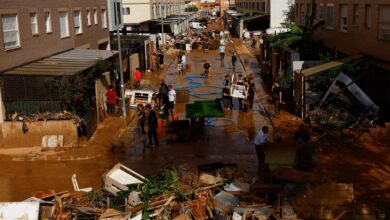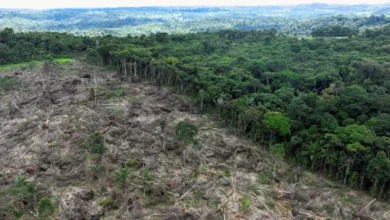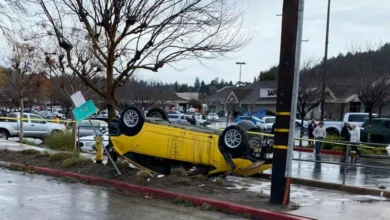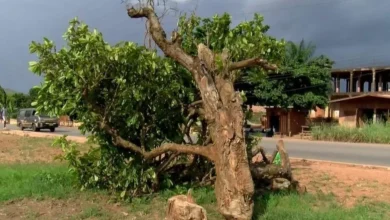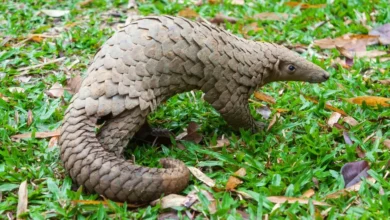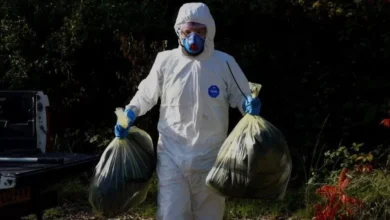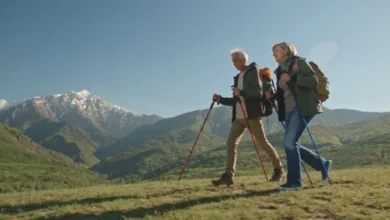Israel’s assault on Gaza, through Mona’s eyes
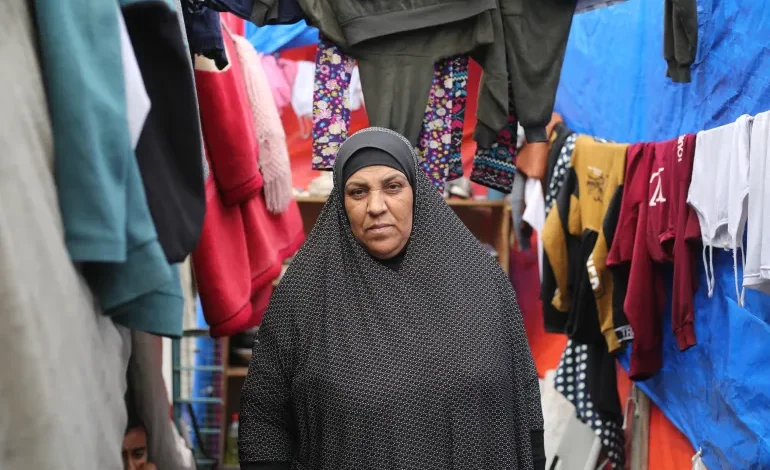
In early November, an Israeli bomb upended Mona Abdel Raheem’s life in Gaza.
The explosion destroyed her home and killed her neighbour in Jabalia, a densely populated refugee camp in the north of the enclave. Abdel Raheem had no choice but to flee south with her husband, sisters and grandchildren.
They were among 1.1 million Palestinians who heeded Israel’s command to evacuate northern Gaza, an order that may amount to the forced transfer of a population, which is a war crime.
“We left and didn’t have time to take anything from our home. Everything around us was destroyed,” Abdel Raheem, 63, told Al Jazeera from Rafah, a city in the southern Gaza Strip.
Abdel Raheem has lived through several wars but none as devastating as Israel’s current onslaught on Gaza. UN experts, rights groups and the International Court of Justice (ICJ) have all warned that Palestinians in Gaza face a real risk of genocide unless Israel halts its attacks against them.
Since Hamas’s surprise attack on Israeli communities and military outposts on October 7, in which 1,139 people were killed and 240 taken captive to Gaza, Israel has retaliated by punishing the entire population of Gaza, according to experts and Palestinians.
Abdel Raheem recalled her exodus from northern Gaza as well as the deaths of loved ones killed by Israeli bombing, which has flattened nearly everything in the besieged enclave.
Another Nakba?
Abdel Raheem had not been born yet when 700,000 Palestinians were expelled from their homeland to make way for the creation of Israel in 1948 – an event referred to in Arabic as the Nakba, or catastrophe. But, like all Palestinians, she grew up learning about the Nakba and always yearned to return to her family’s village.
She never imagined that she would live through another mass exodus. However, as she was fleeing Jabalia, Abdel Raheem sensed that history was repeating itself.
